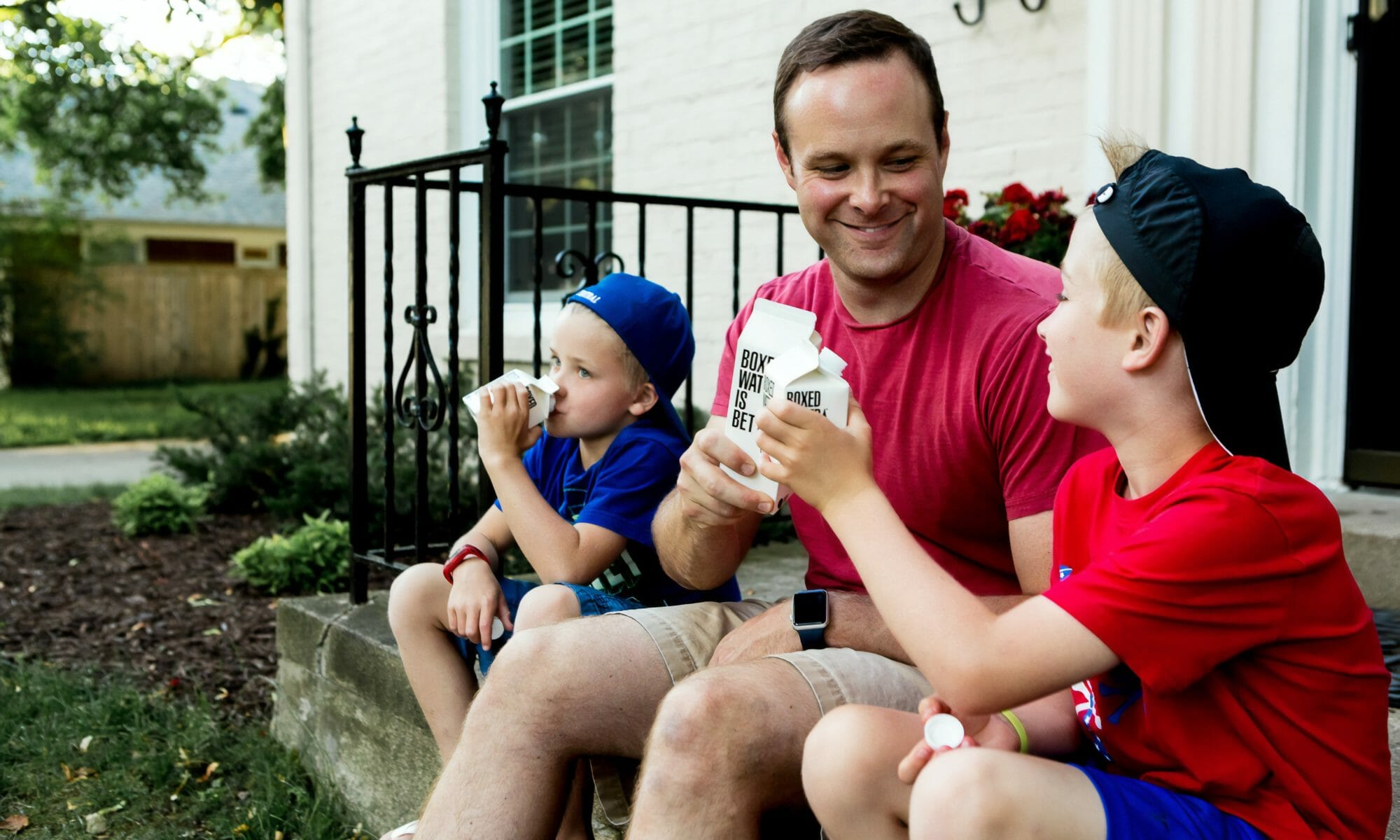Perhaps one of the most challenging conversations you’ll have as a separating parent is with your children. Throughout their lives, you’ve made their wellbeing a priority. Coming to them with news of your breakup may be emotionally devastating. But regardless of how well you know your children, their reactions may still surprise you. Try to keep the conversation age-appropriate. Remind your children that their parents’ divorce does not mean the loss of their family.
Have the Conversation as a Family
Your children should all be part of the conversation. Try to sit down with your spouse and all of your kids at the same time to discuss the divorce. By presenting a united front with your spouse, you minimize tension and prevent feelings of resentment towards one parent or the other. You want to reassure your children the break up is not their fault and that they will remain loved. The feeling of togetherness of a group talk supports this idea that they are not losing the people closest to them.
Prepare Your Main Messages Beforehand
In the moment, you may forget to tell your children what they most need to hear. That’s why you and your spouse should jot down the key things you want to say. In part, this can be things such as, “we have tried to fix our problems, but it hasn’t worked,” “you will always be loved, now just in two houses instead of one,” “we are still a family even though we no longer live together” and “you didn’t do anything to cause this to happen.” You can introduce them to the 2houses site and explain how the family will remain connected.
Remain Aware of Your Child’s Concerns
The age of your children determines how they see the world. As a result, what worries them most will depend on their stage of development. A preschooler is still largely dependent on her parents and may need reassurance they will still be fed, cared for and played with. As kids get a bit older, they are more aware of their feelings. They may have important social connections outside the family, so they may be concerned about moving or going to a new school.
Listen Actively to Their Questions
The conversation should leave ample time for questions. You may have to encourage your children, whatever their age, to ask whatever is on their minds. These questions may provide greater insight into your children’s world and may bring up issues you have not yet resolved. Your children may ask anything from what caused the breakup to whether the siblings will still live together and where the pets will reside. Be honest, but don’t overwhelm children with too much information. Always circle back to key issues of support, comfort and reassurance regardless of the challenging questions.
Keep the Conversation Going
After you’ve told your children that you are going to divorce, there will be a transition period of many months. Depending on the circumstances, you and your spouse may continue to live together for a period of time or one spouse may move out immediately. It may be a while before co parenting schedules are finalized, placing additional uncertainty and stress on the children. Using 2houses, the family can start to work out the details of new schedules and find out what works for everyone.
Because these changes directly impact your children’s day-to-day lives, it’s essential to do what you can to maintain their stability. Make them feel safe and reassure them you are always available to talk about what’s going on. Together, you can ease into your new lives while helping your children maintain their emotional health. In an ideal world, all they need to worry about is growing up.

